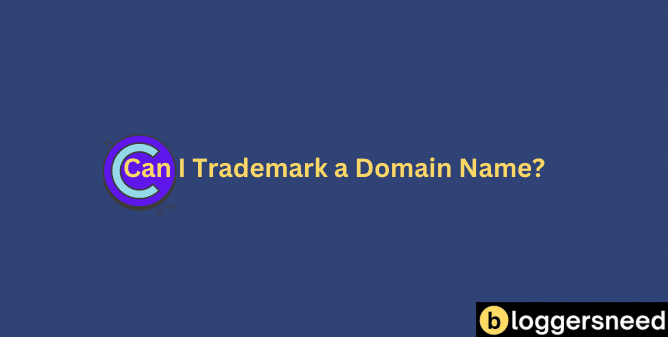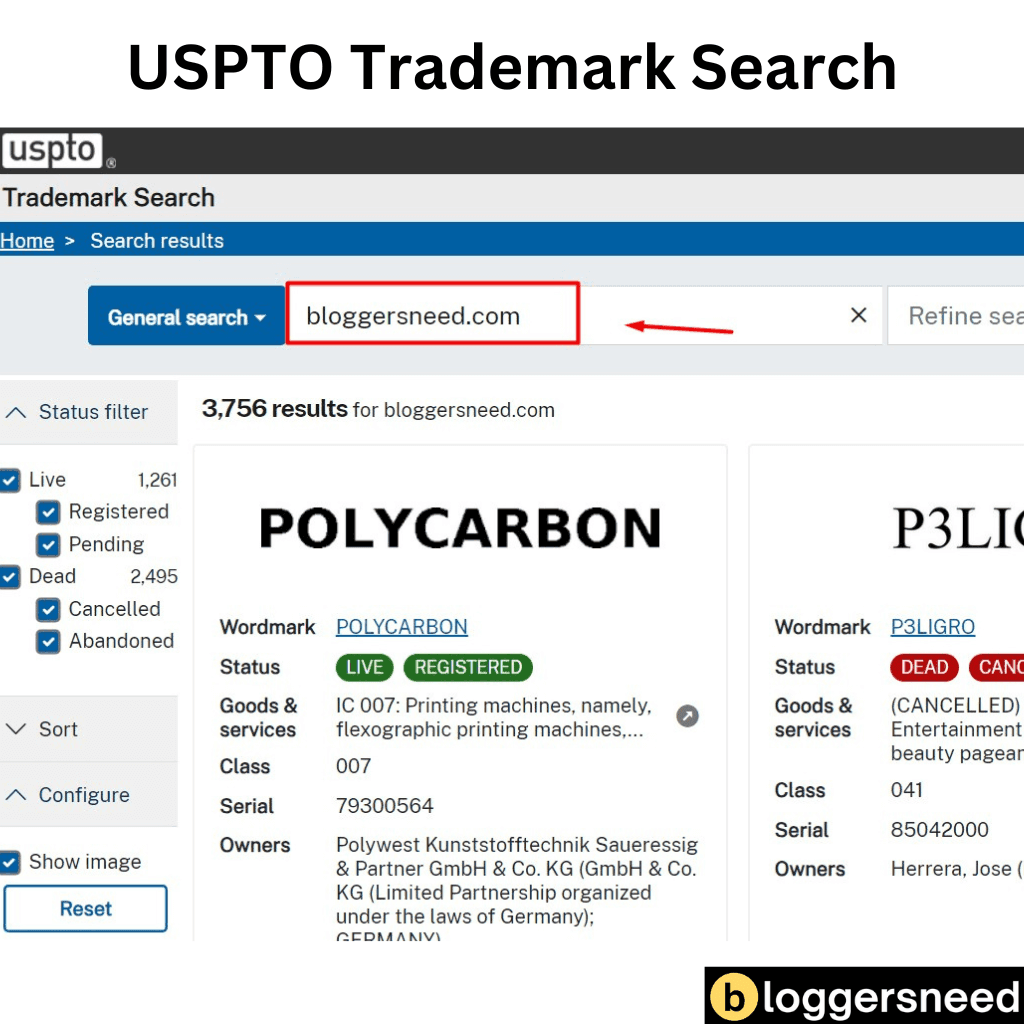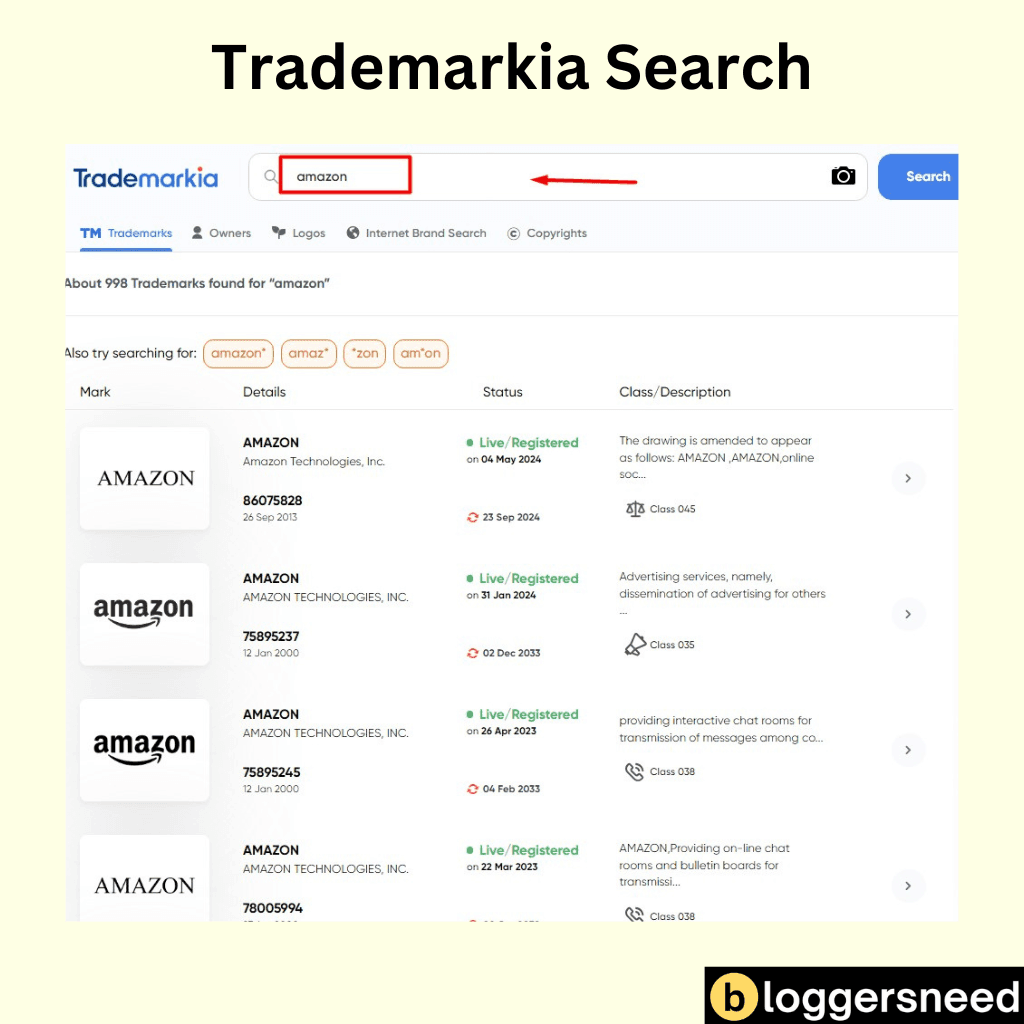
If you’re considering trademarking your domain name, you’re taking an essential step in protecting your brand. Trademarking a domain name is possible if it’s used in commerce to identify and distinguish your goods or services. However, it must be distinctive and not infringe on existing trademarks.
To successfully trademark a domain, you’ll need to conduct a thorough trademark search, complete the registration application with appropriate specimens, and maintain regular monitoring to uphold your trademark rights.
Table of Contents
What is Domain Trademarking?
Domain trademarking refers to the process of registering a domain name as a trademark, which allows you to protect your online brand from unauthorized use.
By trademarking your domain name, you gain exclusive rights to use it in commerce and can prevent others from using similar domain names that might cause confusion among consumers.
This protection is essential for businesses that rely heavily on their online presence.
What Are the Benefits of Domain Trademarking?
Registering your domain name as a trademark offers several key benefits. Primarily, it enhances domain protection by legally safeguarding your online identity. This is vital in preventing domain squatting and unauthorized use of your brand name.
Trademark benefits also include brand recognition, as a trademarked domain name helps maintain consistency across all your digital platforms, strengthening your brand’s image and customer trust.
In addition, it provides legal advantages; a registered trademark gives you the legal standing to protect your brand against infringement, making it easier to take action against violators.
What Are the Drawbacks of Domain Trademarking?
While trademarking a domain name provides several key benefits, such as enhanced domain protection, brand recognition, legal advantages, and business credibility, there are also drawbacks to contemplate.
You should consider the potential for domain disputes, which can arise if another party claims that your domain name infringes on their trademark. Additionally, the process of trademark registration can be complex and time-consuming, requiring significant resources and legal expertise.
This complexity can lead to challenges in maintaining brand protection, especially in the context of internet law where online identity is essential. For example, cybersquatting cases can result in costly legal battles to protect your brand’s online presence.
How to Trademark a Domain Name?
To trademark a domain name, you first need to understand the difference between a trademark and a domain name. A trademark identifies your brand’s goods or services, while a domain name is your website’s internet address.
To start the process, conduct a trademark search to verify your domain name doesn’t conflict with existing trademarks. You can use the U.S. Patent and Trademark Office (USPTO) website for this step.

If your domain name is available, fill out an application, specifying the trademark classes that apply to your brand. Provide specimens showing how your domain name is used in commerce, and pay the filing fee.
Protecting your domain name as a trademark helps maintain your brand identity and online presence, and has legal implications for preventing infringement.
How to Check If a Domain Has a Trademark Before Buying It?
To check if a domain has a trademark before buying it, you should conduct a thorough search using the USPTO’s Trademark Electronic Search System (TESS) or other reliable resources like Trademarkia.

This step is essential to avoid potential legal issues and financial losses associated with trademark infringement.
For instance, if you purchase a domain containing a trademarked term, such as “amazon,” you risk facing lawsuits and being forced to change your branding, signs, and marketing materials, which can be costly and time-consuming.
What Happens If I Buy a Domain with a Trademark?
If you’re considering buying a domain name, checking for existing trademarks is vital to avoid potential legal issues.
If you buy a domain with a trademark, you could face domain disputes, trademark infringement claims, and legal ramifications. This could lead to financial losses and damage to your brand.
For example, if you purchase a domain that’s confusingly similar to an existing trademark, you could be sued for trademark infringement.
It’s important to verify that your domain ownership doesn’t infringe on someone else’s brand protection rights. Conduct a thorough trademark search and consult with legal counsel before buying a domain name.
This will help you avoid legal issues and protect your brand identity.
What Should I Do if Someone Else Tries to Trademark My Domain Name?
If someone else tries to trademark your domain name, immediate action is essential to protect your brand.
You should first determine if the attempted trademark registration is a case of domain name trademark infringement. This occurs when someone registers a domain name that’s identical or confusingly similar to your trademark, intending to profit from your goodwill.
In such cases, you can send a cease and desist letter to the infringing party, demanding they stop using the domain.
If this is ineffective, you can file a complaint under the Uniform Domain Name Dispute Resolution Policy (UDRP) or pursue legal remedies through the Anticybersquatting Consumer Protection Act (ACPA).
These actions can help you reclaim your domain and prevent further trademark infringement.
Can I Get Sued for a Domain Name?
Yes, you can get sued for a domain name if it infringes on someone else’s trademark.
Domain disputes often arise from cybersquatting, where someone registers a domain to profit from a trademarked name.
If you’re sued, you may face legal implications, including losing the domain and paying damages.
Make sure you understand the legal rights and risks associated with domain registration.
Can Someone Legally Take My Domain Name?
If your domain name infringes on someone else’s trademark, the risk of legal action isn’t the only concern.
You could face domain disputes, loss of ownership rights, and cybersquatting issues.
Legal protections such as the Anti-Cybersquatting Consumer Protection Act can aid in domain recovery.
Filing a UDRP complaint or lawsuit can help resolve these issues, with potential remedies including domain transfer and damages.
Is a Domain Name Protected by Copyright?
Domain names aren’t protected by copyright; instead, they fall under trademark law.
This means that if someone uses your domain name in a way that could confuse consumers, you may have a case for trademark infringement.
However, domain names can be protected through trademark registration.
The Uniform Domain-Name Dispute-Resolution Policy (UDRP) provides a procedure to resolve domain name disputes involving trademarks.
What to Do if Your Name Domain Is Taken?
Have you discovered that your desired domain name is already taken? Don’t worry, there are several options to take into account.
You can try domain negotiations to purchase the domain from the current owner. Alternatively, explore domain alternatives such as different extensions like .net, .org, or .co, or add relevant words to your brand name.
If these options don’t work, you can think about hiring a domain broker to help with domain purchasing. It’s essential to understand domain rights to avoid domain disputes.
For example, if the desired domain isn’t used, you can try to contact the owner directly or wait for it to expire. Tools like Whois.com can help you find the owner’s contact information.
Affiliate Disclosure: Some of the links in this post are affiliate links, which means I may earn a small commission if you make a purchase through those links. This comes at no extra cost to you. Thank you for your support!
